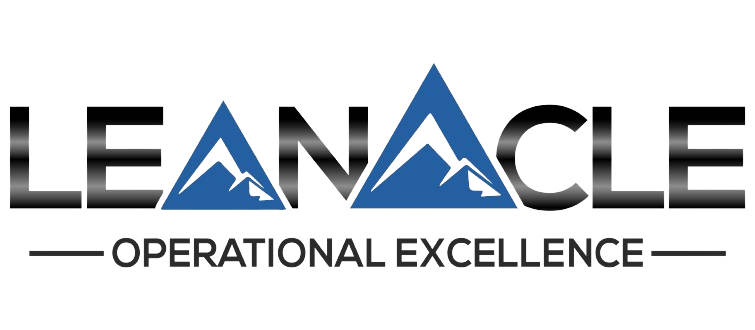The recent focus on investments in digital and data foundations by automotive manufacturers, as highlighted in Deloitte’s recent report, is an encouraging and much-needed trend. It reflects an understanding that innovation and workforce development are critical levers for addressing productivity challenges. By leveraging data-driven insights, the industry is positioning itself to overcome longstanding barriers to efficiency.
But analyzing massive amounts of data and extracting meaningful information can be overwhelming. These 3 simple tools can help you navigate this challenge effectively:
1. The Pareto Principle: Acting on the Right Data

While the commitment to using data is promising, its true value lies in acting on the right data. The Pareto Principle, or the 80/20 rule, reminds us that a significant portion of outcomes (80%) often come from a small percentage (20%) of causes. This principle underscores the importance of identifying and focusing on the critical few issues that truly move the needle. In a data-rich environment, the challenge isn’t collecting information but discerning which insights are actionable and impactful.
2. Addressing Root Causes: Solving the Right Problems
Once the data points to specific issues, solving these problems requires precision. Identifying the root cause is essential—without it, solutions risk addressing symptoms rather than the underlying problem. Following a structured problem-solving process ensures that corrective actions are not only effective but sustainable. This approach minimizes waste and ensures that every effort contributes directly to improving productivity.
3. Eliminating Non-Value-Added Activities in Resource-Scarce Times
In an era of resource scarcity, manufacturers cannot afford inefficiencies. Every individual and every process must contribute to value creation. Non-value-added activities, whether due to misaligned priorities or poor process design, sap critical resources and undermine efforts to enhance productivity. Focusing resources on high-impact initiatives is not just a strategy—it’s a necessity to remain competitive.
Turning Insights into Impact
As Peter Drucker famously said, “Efficiency is doing things right; effectiveness is doing the right things.” In the pursuit of operational excellence, it’s not about tackling every problem—it’s about solving the right problems with clarity and purpose. By focusing on the critical few, addressing root causes, and eliminating inefficiencies, manufacturers can navigate complexity with precision.
The real challenge lies not in having access to data but in how we choose to act upon it. Take action now to simplify, strategize, and make every step count.
